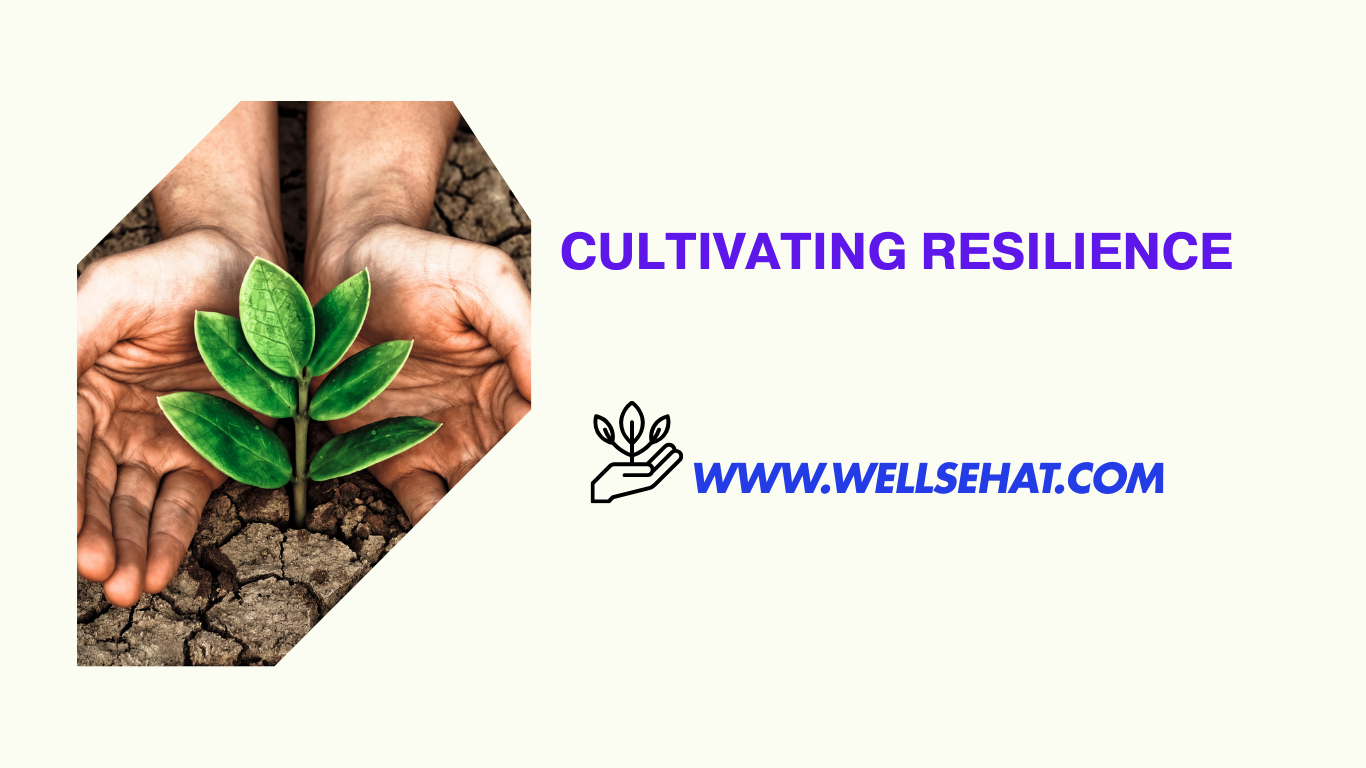It has become a norm in most people’s lives to go through different hitches in their lifetime and feel so overwhelmed. Recovery-that is, the capacity to withstand or respond to stressful events or potentials with adaptive equanimity and to grow from them—is especially important to psychological functioning. People can conquer challenges in life if they learn the most effective ways of overcoming hardships and this is seen in lives when people have embraced the courage that comes with being resilient thus giving quality lives. What is resilience, why does it matter and how can you apply this knowledge to develop yourself as a resilient person?
Understanding Resilience
Don’t confuse resiliency with invincibility or the ability to soldier through tough times without being impacted; that is not what resiliency is all about. Optimism is also defined as sustaining a hopeful perception, hope, and a purpose in life throughout challenges. Several studies suggested that facets of resilience are positively connected with a variety of positive mental health factors including lower levels of anxiety and depression, and enhanced psychological functioning.
Strength is the ability of a loser to get back and be strong again, and is gotten through developing coping strategies and emotional regulation, fostering caring relationships. Something to consider is the fact that resilience is not a static concept, and can improve over time.
The Benefits of Resilience
Enhanced Emotional Regulation: Coping ability enables us to regulate our feelings to be able to cope better when under Stress.
Increased Problem-Solving Skills: It has been established that those with resilience, exercise a proactive orientation to tasks, which enhances problem-solving, and decision-making skills.
Improved Relationships: Creating security may involve creating relationships with other people as well. I was expecting such survivors to have had supportive relationships to help them cope with stress and also to feel like they belong.
Greater Sense of Purpose: Resilience gives direction and meaning in life. That is why, when getting through some challenges and going through a struggle, one is enlightened somehow.
Better Adaptability: Life is full of uncertainties, and thus flexibility helps one to cope with situations that you wouldn’t have preferred. This particular flexibility is important in dealing with both personal and career issues.
Strategies for Building Resilience
This guide focuses on strategies for building resilience in the face of stress, change, adversity, or crisis.
Here are some practical strategies to help you cultivate resilience in your life:
Foster a Growth Mindset: This simply means affirming life or seeing challenges as a way of creating ways out of them. Having a growth mindset makes you put much more focus on challenges as learning points than on actual failure.
Practice Self-Compassion: Be gentle on yourself during bad days. Accept your emotions and tell to yourself that it is acceptable to experience tough times.
Build Strong Connections: Develop and maintain family and personal or group affiliations. It has been considered that being with positive people can increase your level of resistance.
Set Realistic Goals: Simplify the large goals into smaller components which it is possible to achieve. This is natural for achieving the small goals is much easier and you will keep practicing until you reach the big one.
Read More… The Power of Gratitude Transforming Your Mental Health
Develop Problem-Solving Skills: Whenever there is any form of resistance, rethink the process and reconsider. Such difficulty can be a common barrier to learning; therefore, the following recommendations are possible solutions to address the barrier, and their advantages and disadvantages are discussed below.
Practice Mindfulness: If things get tough and you feel overwhelmed, there are procedures that can allow you to get into the ‘here and now’ – exercise, meditation, or deep breathing are good examples. It may promote better management of your emotions, besides helping you to have a clearer mind.
Embrace Change: Be prepared to accept change as a common phenomenon in everybody’s life. Acquiring flexibility of thought might enable one to handle changes in events and difficulties better.
Reflect on Past Experiences: Give yourself some thinking time to recall what you have been through previously and the ways and means you have dealt with those situations. Acknowledging good and tolerating properties can increase self-assurance and improve the way you react to future trials.
Conclusion: Take Resilience as a Skill for a Happy Life
This paper explains the importance of learning how to build resiliency in one’s life as a Key aspect of improving one’s mental health and coping with the difficulties of life. By cultivating the growth mindset learning to see connectivity and being kind to yourself one can put a strong and firm footing for facing life’s challenges and appreciating opportunities.

